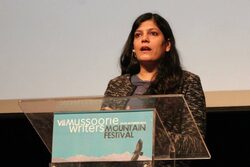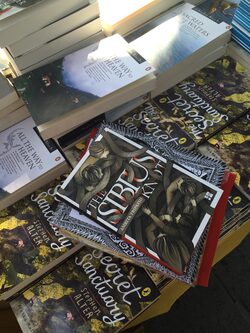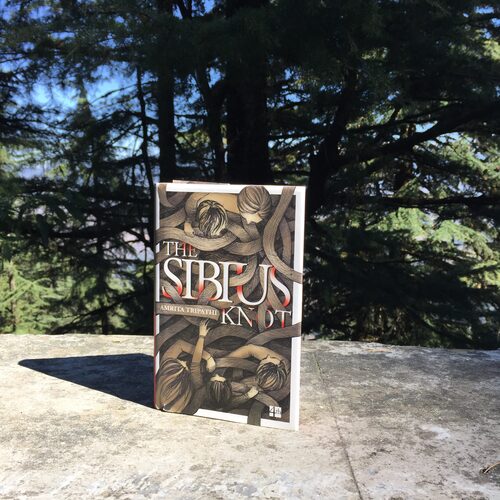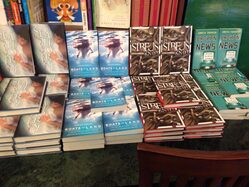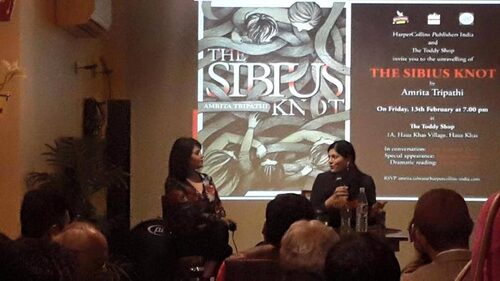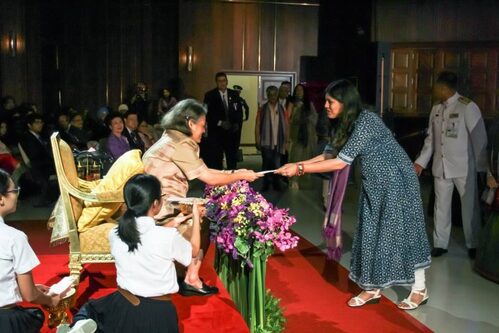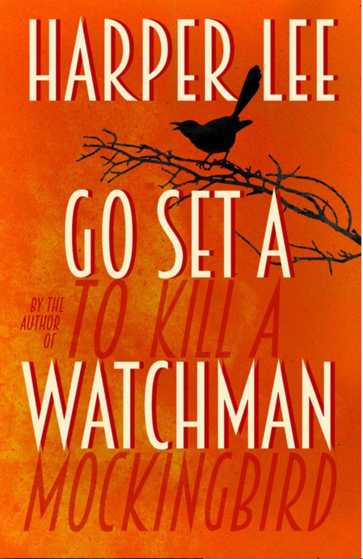Hello there,
It's already spring and there have been several life updates the past few months (and years!) so dropping in to say a quick hello and I do look fwd to reconnecting with many of you. I'm working on a few projects and initiatives, building out both the Tap in Tribe startup and some of the mental health ecosystem via The Health Collective (7+ years now!) and this month, I should be finishing up a Leadership in Tech programme at Virginia Tech (I'm part of the inaugural cohort!).
There have been some interesting panels (leadership, being future-ready, mental health & youth) including this one most recently
There have been workshops, including on Journalism & Mental Health & Online Safety, and separately on Public Speaking & Leadership and I'll be sharing more news soon #comingsoon
Till then, let me know what's been up! And you can stay updated with some of my latest work, if you like:
- Check out our new initiative for Women & Leadership, Tap in Tribe
- Check out what's been cooking at our Mental Health initiative, Health Collective
- Check out the books! 2 Novels and 4 works of Non-Fiction co-authored with leading psychologists and psychiatrists
Find us on social: @amritat / @healthcollectif / @tapintribe on X
The Health Collective is also on YT
And we're on Insta: @healthcollectiveindia/ @tapintribe

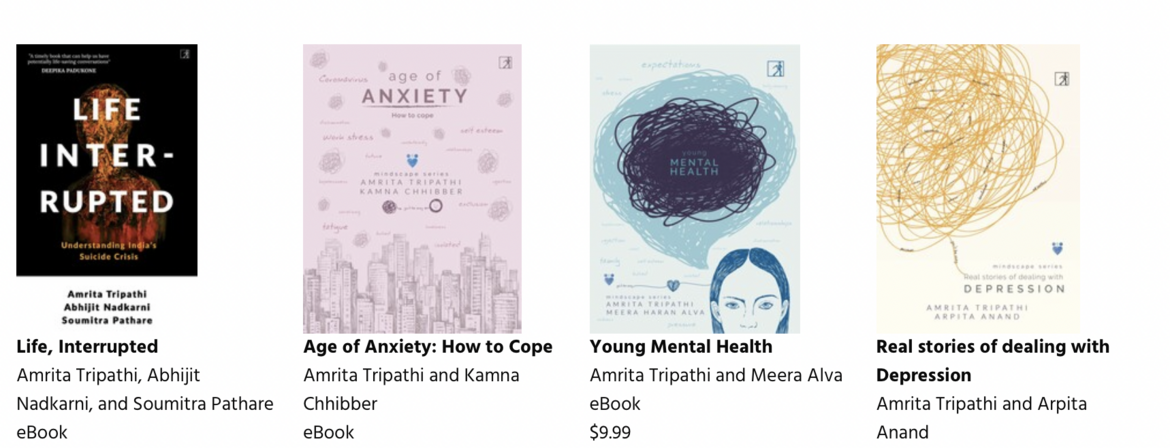
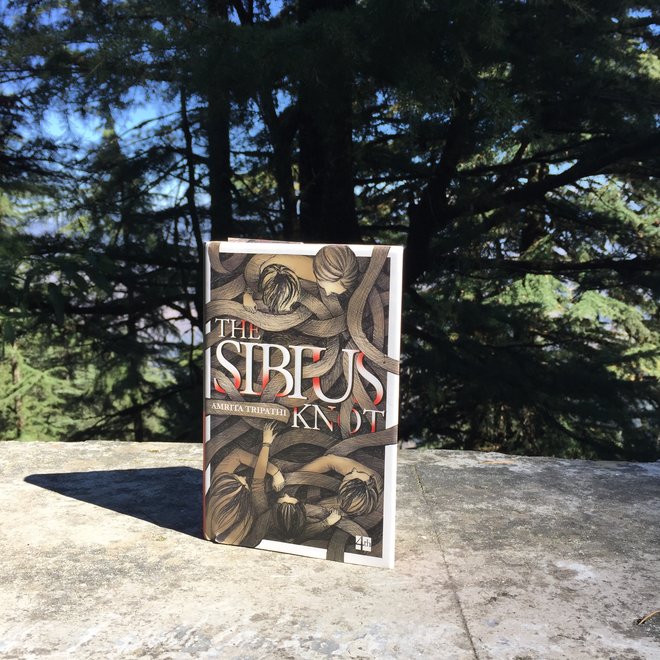
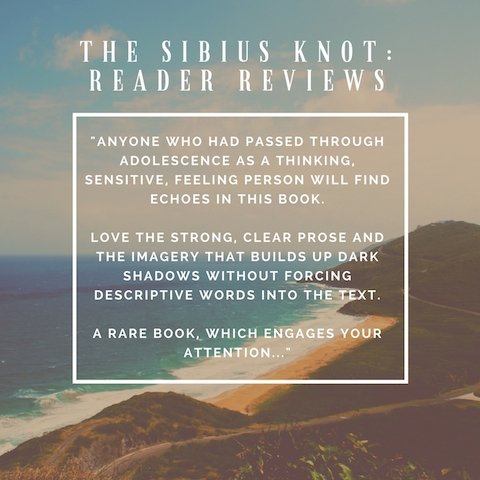
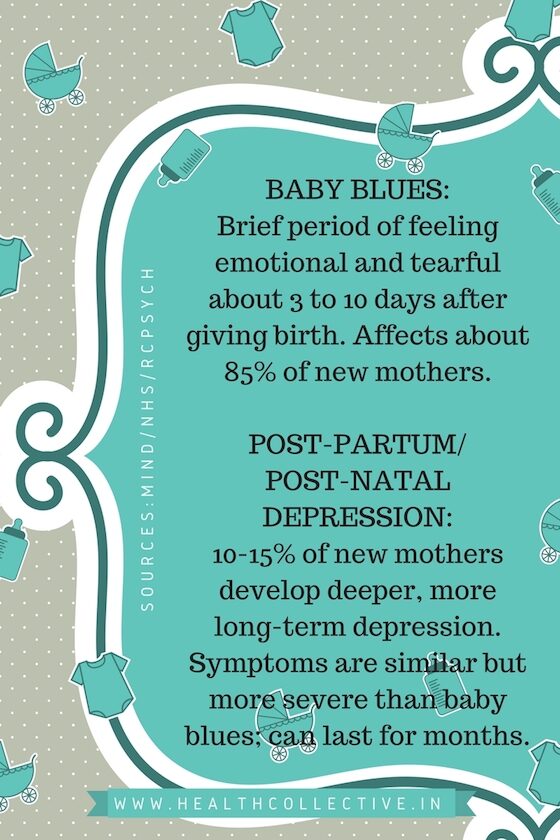
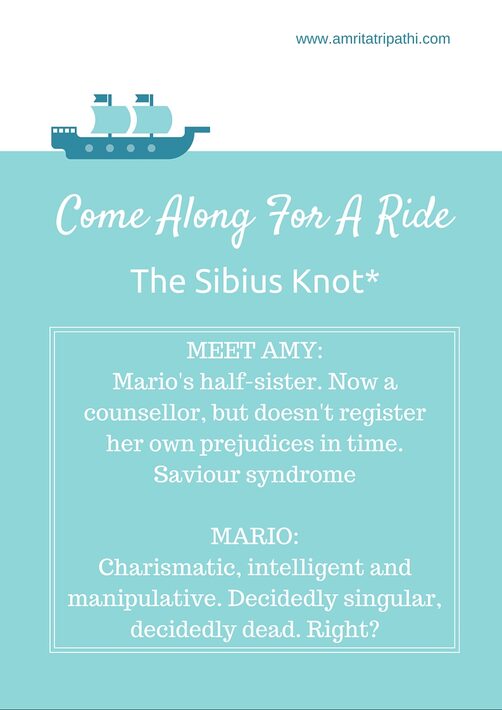
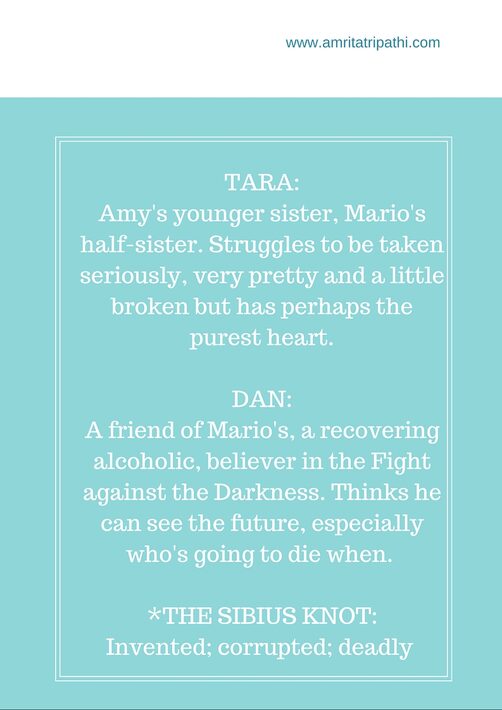
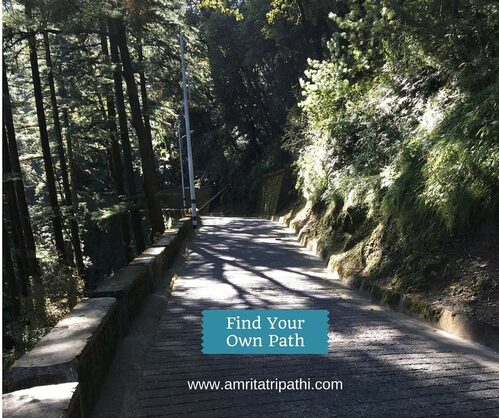
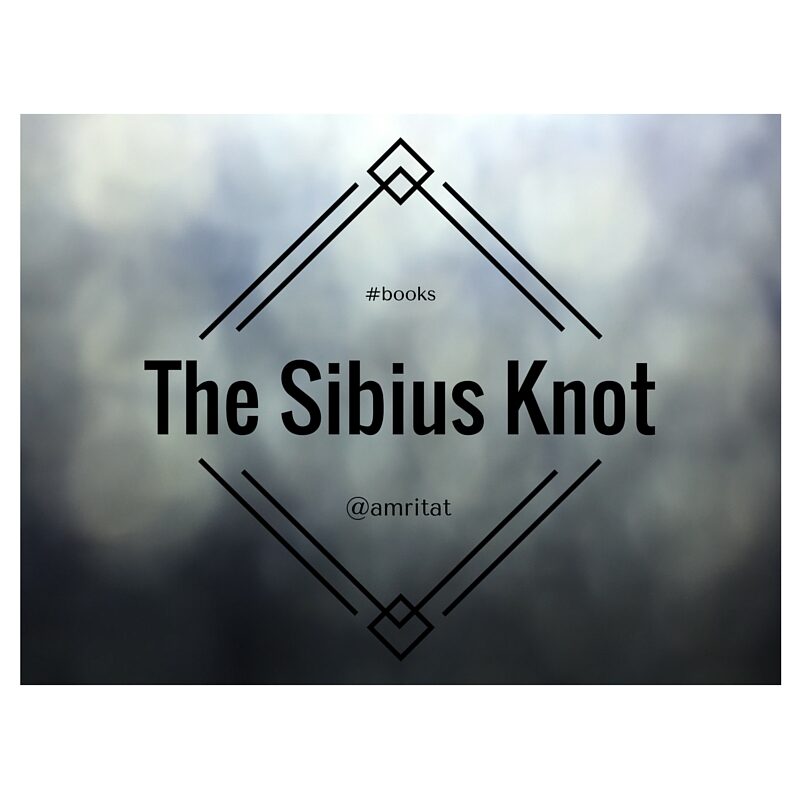
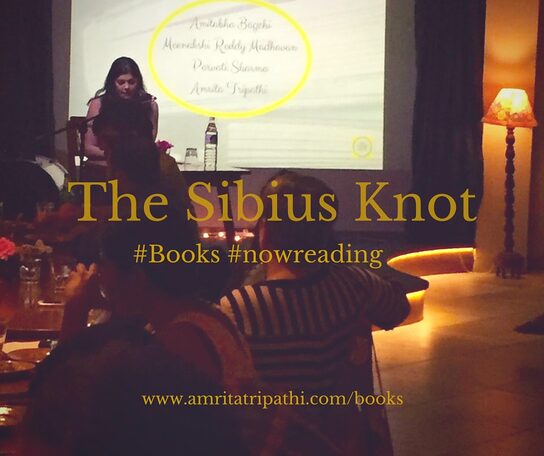



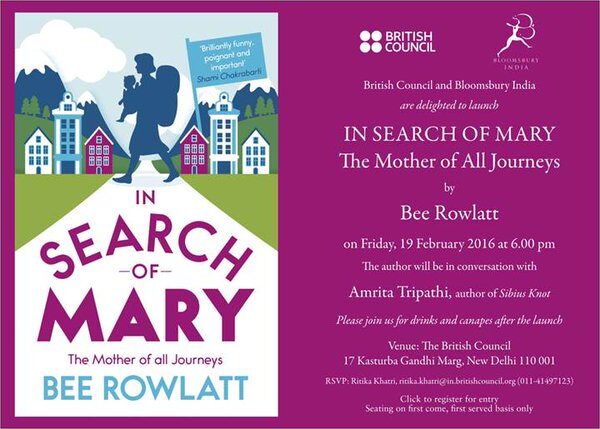

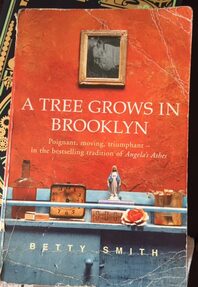
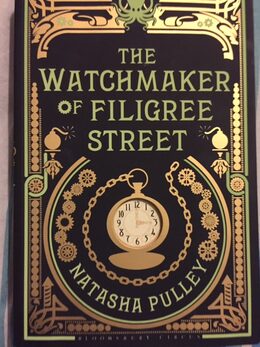


 Over the years that has dwindled to a feeble light of resistance and nowadays I am so far past paying lip service that I try to justify my lack of momentum. I just put these titles on my own imaginary shortlist of ‘Highly Rated and Likely-to-be-Wonderful’ books to read. I mean, if I were to name that list anything, that’s what I would call it.
Over the years that has dwindled to a feeble light of resistance and nowadays I am so far past paying lip service that I try to justify my lack of momentum. I just put these titles on my own imaginary shortlist of ‘Highly Rated and Likely-to-be-Wonderful’ books to read. I mean, if I were to name that list anything, that’s what I would call it.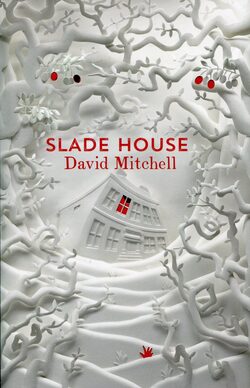 Slade House by David Mitchell
Slade House by David Mitchell 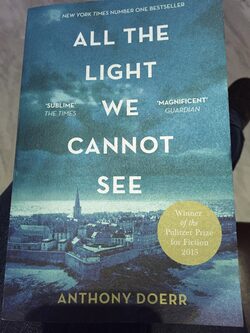
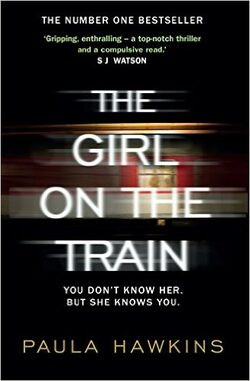 The Girl on The Train by Paula Hawkins
The Girl on The Train by Paula Hawkins